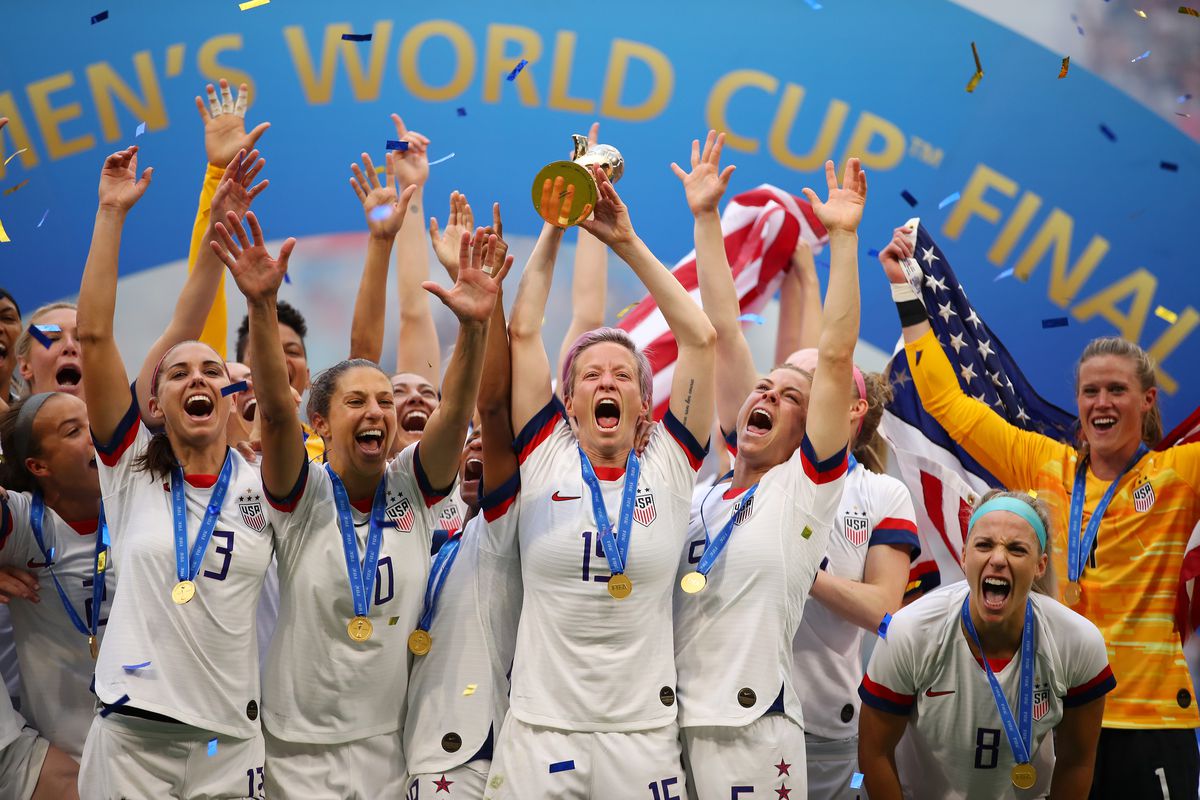Among the qualified teams are England, France, Spain, Sweden, and Norway, with the opening match scheduled between New Zealand and the Netherlands. The grand finale will take place on August 20, 2023, at Auckland's Eden Park stadium, New Zealand.
 |
| click me |
The Women's World Cup is not only a celebration of women's football but also an opportunity to inspire and engage a broader audience, encouraging more girls and women to participate in the sport. As a highly anticipated and widely watched sporting event worldwide, it plays a vital role in promoting gender equality and empowering women.
The tournament showcases the exceptional skills of female footballers, challenging stereotypes and misconceptions surrounding women's sports. By gaining extensive media coverage and attention, it increases the visibility of women in sports and serves as a source of inspiration for aspiring young athletes.
Moreover, hosting the Women's World Cup in different countries emphasizes the importance of investing in women's sports infrastructure and development programs, fostering a healthier and more active lifestyle for girls and women at all levels.
Beyond the field, the tournament sparks discussions on gender disparities in various aspects of society, including education, employment, and leadership roles. Organizations like FIFA use this platform to advocate for equal pay, opportunities, and gender-inclusive policies, creating a positive impact on gender equality worldwide.
The Women's World Cup also challenges harmful stereotypes and cultural norms, acknowledging the value and potential of women in all fields, and strives to dismantle barriers that limit their achievements. By uniting diverse backgrounds and cultures through sports, the tournament promotes understanding, cooperation, and recognizes gender equality as a fundamental human right, urging collective efforts towards a fairer and more inclusive world.
In conclusion, the FIFA Women's World Cup serves as a powerful platform advocating for gender equality and women's rights. By elevating female athletes' achievements, advocating for fair treatment, and addressing societal norms, the tournament contributes to a broader movement towards a more equitable and just society.




.jpg)










0 Comments